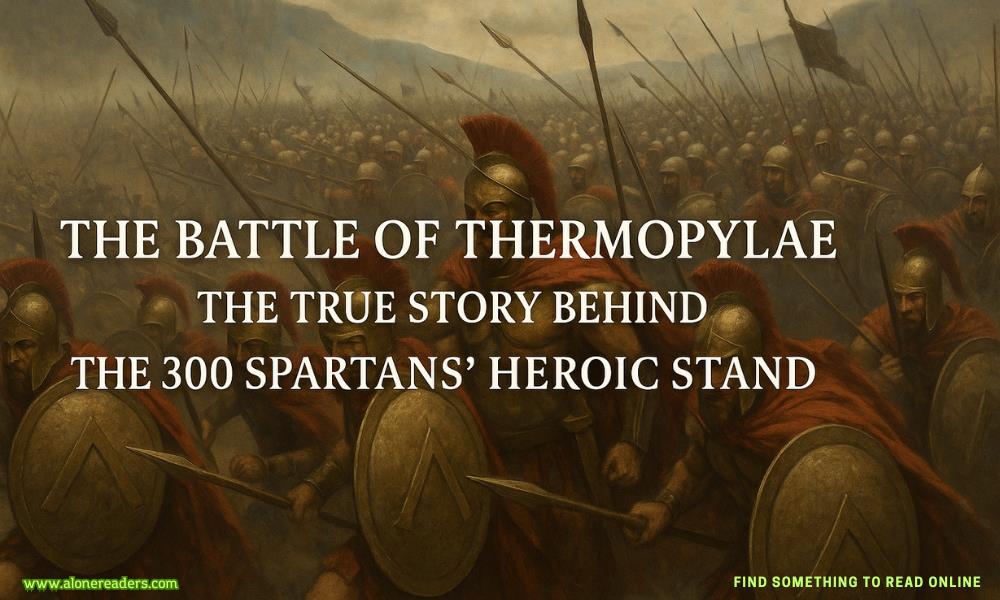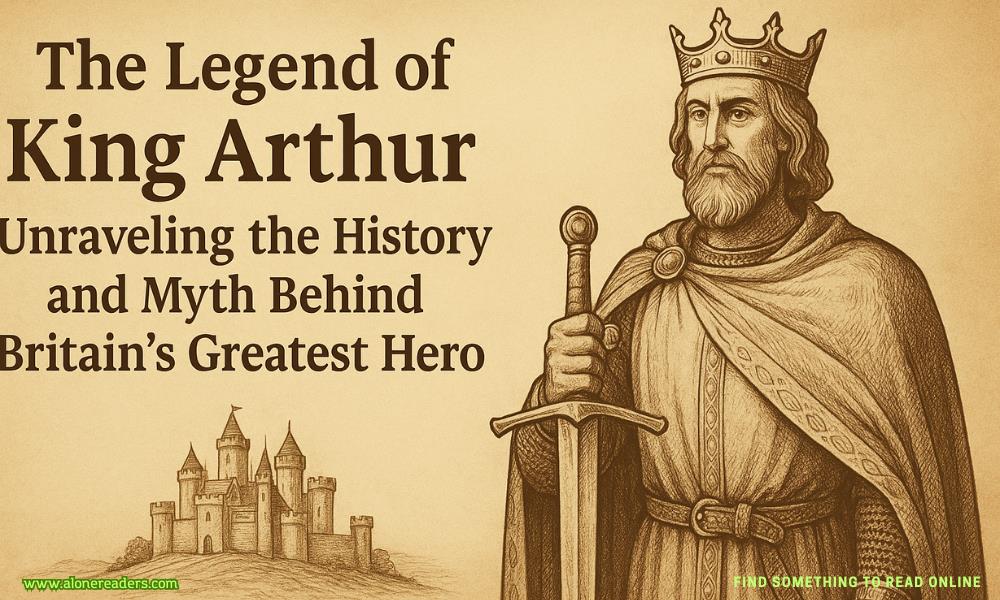Page 82 of The Starving Saints
The creature who cocks his head and scents the air is something old.
He smiles, and his teeth are sharp.
“I’d recommend you run, little girl.”
And Treila does.
34
Cleaning the rest of the room is barely the work of breathing.
Pneio and Ornuo even help, their bodies drying out the stone once she’s cleared it. Everything is back in its place so quickly it’s as if it never left, as if she never fell apart into the frazzled shell of a woman. It should feel unfamiliar, this care and order. But she slips into this new skin of hers gently. It feels like coming home.
Phosyne prowls her entire room and, finding nothing else amiss and no sign of Ser Voyne’s return, she turns to herself. She is filthy. She is skinny and weak, barely more than a particularly cantankerous corpse, refusing to succumb. And, most importantly, she can still taste honey, just a little. Can still feel the hands of saints upon her flesh.
She needs a bath.
There’s no tub in this room, of course, nothing but her bucket of water, but there is the cistern below. Through the hole she created, she drops a few dried lavender sprigs, followed by another sprinkling of her clever purifying powder. They disappear into the dark pool of water below her feet. Next, she lowers in her steaming bucket; as it overflows, she sees the candle inside light up the whole cistern gold, sees the water begin to heat. And then Phosyne widens the gap in the floor and lowers herself down.
She sinks into the water, robes and all.
Two dark heads peek over the rim and stare down at her, but Pneio and Ornuo make no move to join her. She beckons, and they just sit down, sniffing the air. Only creatures of fire, then, not water. She shouldn’t try to force their nature.
They’re also undoubtedlyhers, more even than she is herself. No need to purify them. But Phosyne can still feel the lingering traces of the Lady’s influence on her, and she ducks under the surface of the water, letting her clothes weigh her down as she scrubs her face, her hair, her hands.
She opens her eyes and gazes up, even as the water stings her corneas.
She opens her lips, and lets the water scour away the last of the honey.
When she hauls herself up from the cistern, a minute or an hour or a day later, she is clad not in roughspun, poorly cared for robes, but in silk. Her skin glows faintly. Her body feels whole and healthy for the first time in years.
What a trick.
She glances down at the candle still burning in the cistern, then decides to leave it there. The gap, though, she closes. It only takes a few touches to pull the stone back into place, leaving a few latticed gaps to allow fragrant steam to perfume the room.
“That’s nicer, isn’t it? It does get so dry.” She smiles at Pneio, who gazes fondly at her, then rolls onto his back, proffering his belly. She pets it. It is lightly furred, small tufts of fleece wedged below the edges of scales.
She wonders how well it would burn, and plucks a pinch of it.
35
Voyne knows the layout of Aymar very well. She knows each doorway, each yard, each wall; if she has not stepped foot in some for weeks or months, she still has the design etched inside her skull. The Lady used this aspect of her, along with all the others, to roust out each hiding place before the feast.
Now, Voyne uses it to flee.
Castles are not meant to be raced through, but she has no other option, not as the shadows descend on her and nip at her heels. They have no substance to them—not like people, not like hounds—and yet they chase her down. She can’t make out details, only slashes of color, strangely flat, horribly unnatural, but she can taste their hunger.
They clot in the stairwell; she finds the only window wide enough to accept a body and slips through out onto the meager footholds that stud along the tower to another entrance one level down. She clambers, scurries, steals her way across spaces not designated as paths but designed to assist a defender. If she can get to the lower level, she can move to the other staircase. Get to Phosyne.
But outside the walls, the unnerving beasts still pursue her. Where before they were shadow, now they are air; she sees them as smears of black and red and gold and white on the boiling hot sky. Below, she can still see the insensate forms of people she dragged to safety. She almost says a prayer for no new splashes of carmine in the dust, but she is already too late.
Below her, on one of Aymar’s walls, she can see Denisot, the chamberlain. He crawls like a dog, bleeding from his hands, his knees, hisfeet. He is naked, and on his back are those same smears of flat color. And at their edges, his blood, splashing onto the stone.
A small procession follows him, of humans this time. No—a parade. One has a horn. Voyne ducks and scrapes and claws her way around the tower, so that she can’t see them anymore. The stone is not kind.
She wishes she had Phosyne’s skill, to pass through rock from one side to the other. She must, instead, rely on geometry.
Inside again, and the press of bodies grows close. Laughter, dry and burning, crackles against her ears.















